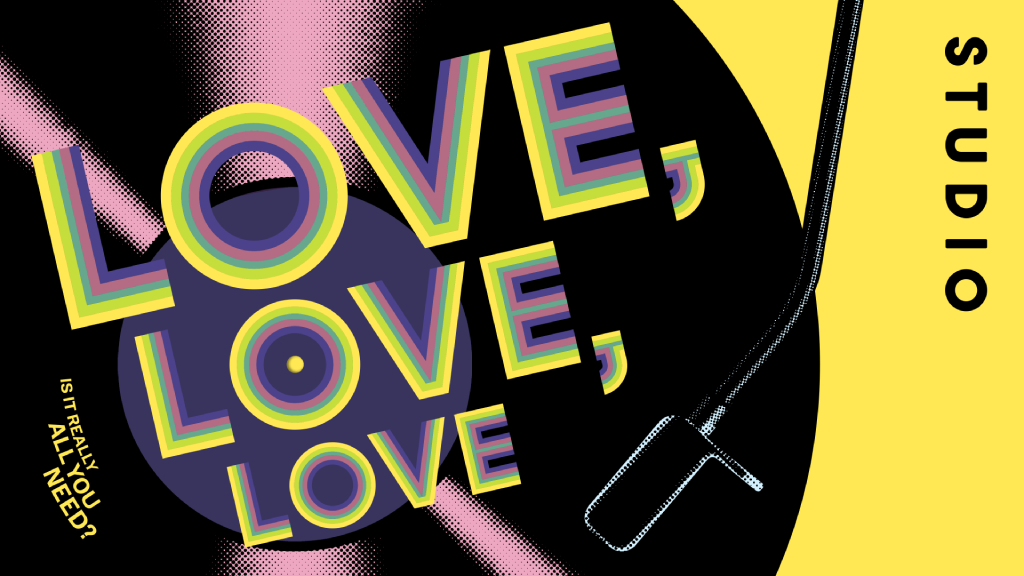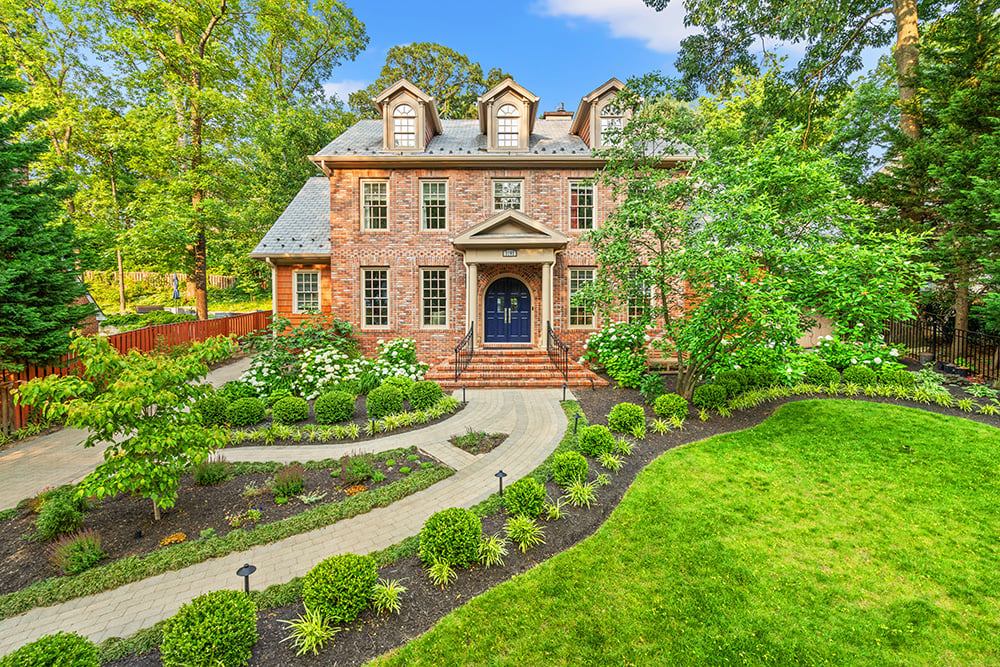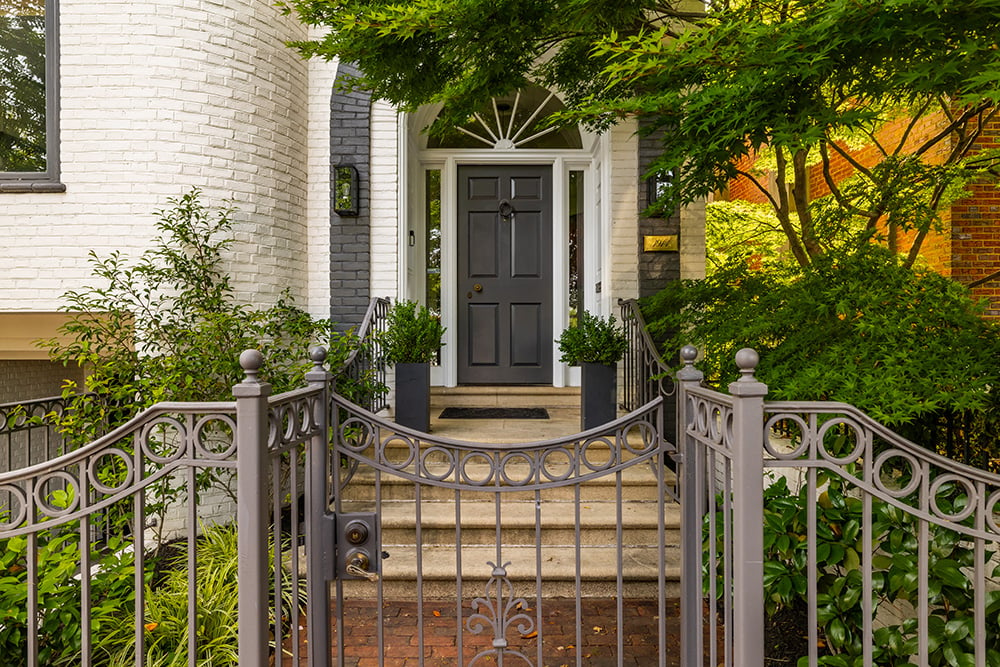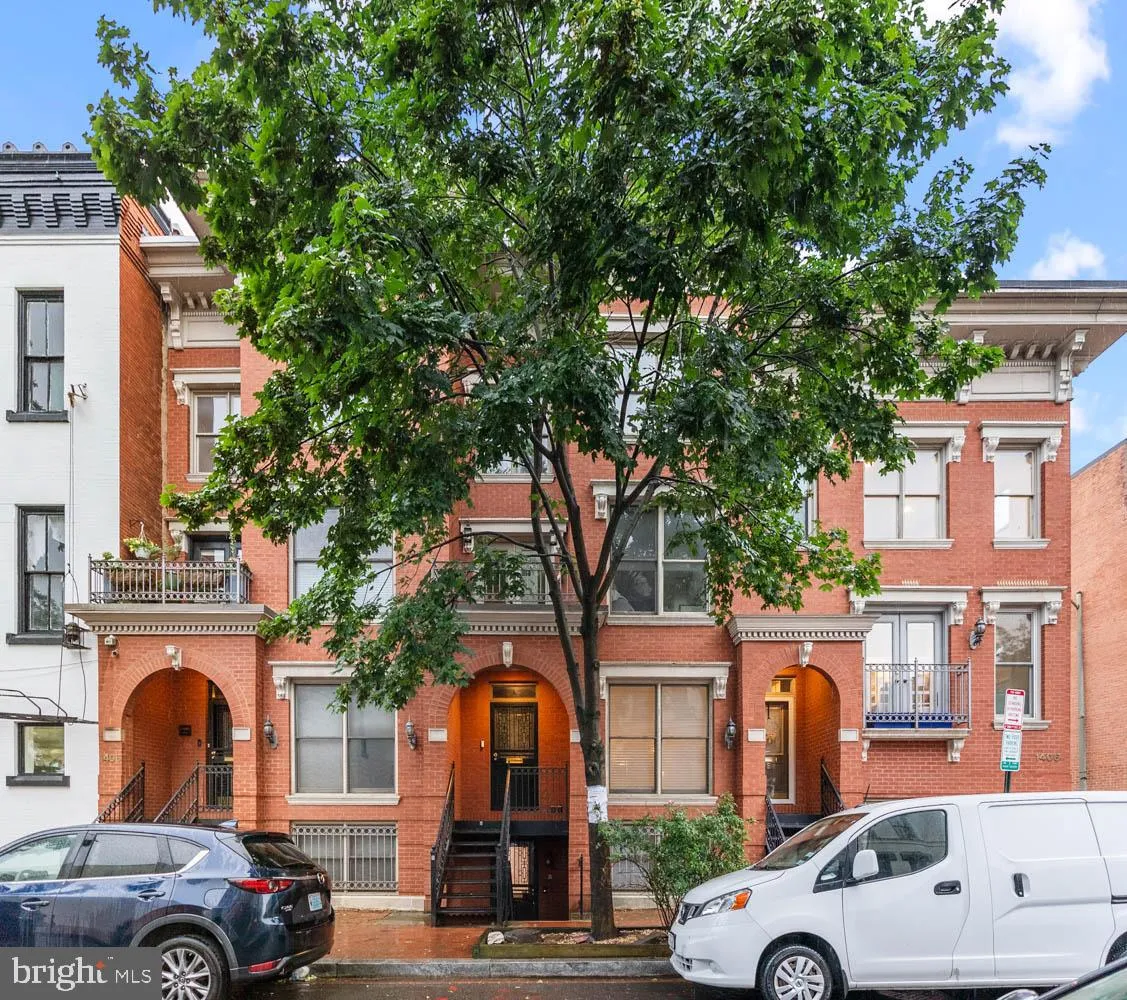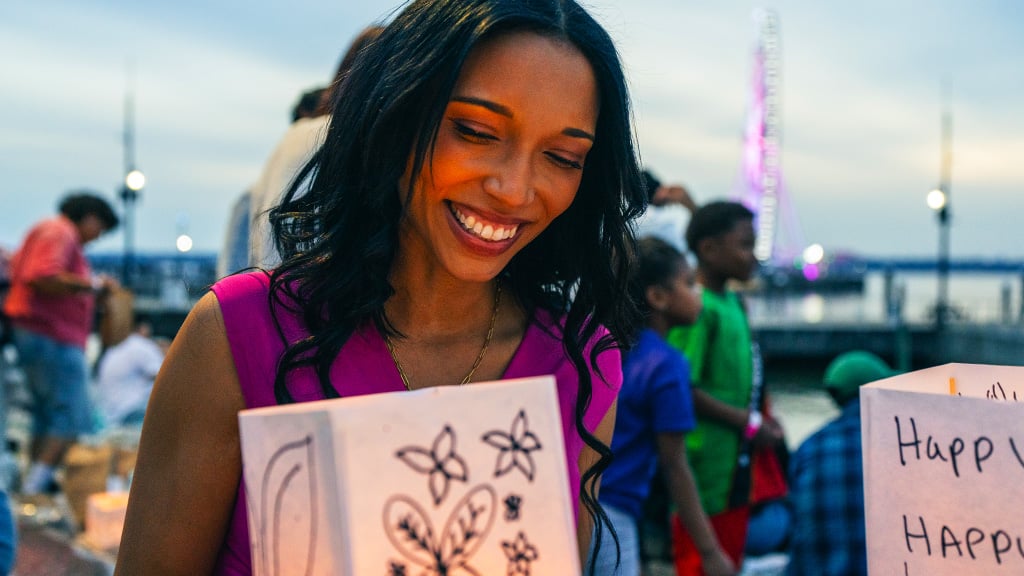Mike Bartlett’s generation-spanning satirical play Love, Love, Love tells the story of British couple Kenneth and Sandra’s first meeting in 1967 and then moves ahead to catch up with them and their children in 1990 and 2010. While the play isn’t a musical, it’s a production in which music plays an important role in situating the viewer and its characters within specific eras as well as defining their relationship to the past.
In the first act of the show, we hear the Beatles’ “All You Need is Love” (whose lyrics lend the play its catchy title), but not the most popularly known version. What we hear in Kenneth and Henry’s shabby London flat is the original televised version of the song from a program called Our World, which holds a major place in cultural history as the first live worldwide television broadcast. Our World highlighted the cultures of 18 different countries and acted as a demonstration of incredible new advancement in satellite communication. The counterculturally-inclined Kenneth sits rapt in front of the TV, amazed by the program’s ambition as he waits for the Beatles to make their appearance as the United Kingdom’s grand selection. Kenneth’s more old-fashioned elder brother Henry is less impressed and even tries to turn the program off several times, grumbling about his own preference for classical music. Later, when the Beatles finally make their appearance, the equally bohemian Sandra has entered the picture and it is to “All You Need is Love” that she and Kenneth have their first dance.

The difference in thinking between 23-year-old Henry and 19-year-old Kenneth and Sandra is a product of the cultural shift of the 1960s. That brief four-year window made a world of difference for those born in the mid to late 1940s in Britain. For example, World War II-era rationing would have ended when Henry was a pre-teen, old enough to experience the scarcity and deprivation that went along with it. Kenneth and Sandra would have been only small children, though, as the end of rationing finally changed the mood of the nation from the wartime and post-war mindset of service and sacrifice to the midcentury excitement and ambition of economic expansion. The explosion of fashion, musical, and general ideological untethering known as the Swinging Sixties was a sign of welcome liberation for some more open-minded British youth but a sign of unwelcome change for others whose frame of reference was a less prosperous time. Henry’s dissonance with these new ideas of the late 1960s and Kenneth and Sandra’s embracing of them in the first act of the show situates the action squarely in 1967 while providing two different perspectives on the past and an optimistic view of the future.

In the second act, set in 1990, Kenneth is taken aback when his teenage daughter Rose has never heard of the progressive rock band Procol Harum, prominent in the late ’60s. What Kenneth cannot see (but the audience can) is that what made a band like Procol Harum revolutionary to him as a teenager is less fresh by the 1990s. When we meet Kenneth’s son Jamie, he has the house to himself and sings his heart out to the electronic, post-punk thump of Public Image Ltd’s “Disappointed.” Though the audience should not be surprised that a teenager in the early ’90s wouldn’t be familiar with Procol Harum, Kenneth’s disconnect with the youth of the ‘90s makes one wonder if he still feels like the mop-topped, fresh-faced 19-year-old the audience met only a few minutes ago.

The Beatles, Procol Harum, and Public Image Ltd are but three of a myriad of eclectic and surprising needle drops and music references from over five decades of music present in Love, Love, Love. Whether you are a fan of music history, a fan of great British satire, or someone who simply enjoys a rollicking theatrical production, Love, Love, Love is playing at Studio Theatre until March 3. Get your tickets today at Studio’s website. Follow Studio on Facebook, on Instagram @studiotheatre, or on Twitter/X @Studio_Theatre.

